Zim urged to develop aquaculture policy framework
- By Zimpapers Syndication |
- 31 Dec, 2025 |
- 0

Sifelani Tsiko ---
Zimbabwe needs to develop its national aquaculture policy framework to provide a coordinated path for the development of the aquaculture industry and identify several interventions to unlock the potential of the sector, a top EU fisheries advisor says.
Blessing Mapfumo, a fisheries and aquaculture advisor for the SmartFish Programme (EU) says the country needs to create an enabling environment to boost fish production and bolster sustainable growth and job creation.
“Zimbabwe is the 7th tilapia producer in Africa and given its good climate, land and water resources, it has a potential to increase its own fish production,” he said in presentation at the launch of the Zimbabwe Fish Producers Association recently in the capital.
“Even though it has a low fish consumption rate, it can export its fish to other Sadc countries such as Zambia, Malawi, DRC and others where there is a huge market for freshwater fish.”
Other fish producers also said that, though still in its infancy, the country’s fish industry should be prioritised because of its potential to supplement dwindling wild - caught fish stocks with cultured fish products.
They also said aquaculture – is the fastest-growing food - production sector in the world which has a potential to create jobs and enhance the country’s export earnings.
By developing a fish policy framework, Mapfumo said, the country could provide a coordinated path for the development of the aquaculture industry and unlock the potential of the sector.
“Such a policy could provide a unified framework for the establishment and development of the industry that has a huge potential to contribute towards sustainable job creation and increased investment,” one fish producer said.
At present, the country does not have a comprehensive aquaculture policy framework despite growing demand for fish both in Zimbabwe and across the Sadc region.
In Zimbabwe, another fish producer said, freshwater aquaculture presents a good opportunity to diversify fish production to satisfy local demand, contribute to food security, job creation, economic development and rural development and export opportunities.
“Food security remains a major concern for poor people in Zimbabwe and developing such a policy framework will have positive implications for how the country produces, manages and utilises its fish resources,” he said.
A Lake Harvest Aquaculture (LHA) company official says Zimbabwe needs to boost fish production and revamp its policy strategies on aquaculture.
“Currently we are the leading producer of fish in Africa,” he said. “However, in spite of such prowess, Zimbabwe still is among the least producers of fish. There are few producers of fish in the country. The country still imports more fish than it is producing.
“Zimbabwe aquaculture is still in the formative stages in Zimbabwe despite LHA existence in the past 15 years.
“This is primarily due to legal view taken on fish in the past. Fish has been considered as wildlife and therefore a product for conservation rather than for propagation. We thank God that there is the realization that fish is actually part of livestock and that this is the only commodity that can be sustainably scaled up. “
The official welcomed efforts by the Minister of Agriculture, Mechanization and Irrigation Development for developing a policy on livestock in which fish is recognized as livestock.
“The depletion of wild fish throughout the world has shown that fish farming is a sure way of increasing fish production,” he said.
“It is unfortunate that Zimbabwe’s culture of eating fish is not as good as is in our neighbouring countries such as Zambia and Malawi. Our per capita consumption is still under a kg whereas Zambia is at 5 kg. We need to work hard to turn around this culture of eating.
“Zimbabwe is endowed with many rivers and water bodies which are suitable for fish farming. We take the view that lets equate each water body to a fish farm. Aquaculture is non consumptive in its usage of water. Fish farming can be integrated to vegetable production and other animal husbandry forms,” he said.
In 2014, Zimbabwe produced 20 000 metric tonnes of fish with capture fisheries contributing 11 000 metric tonnes and aquaculture 9 000 metric tonnes.
The country imported about 27 000 metric tonnes and exported around 5 000 MT, according to 2012 FAO figures.
It has a fish deficit of 40 000 metric tonnes.
Africa’s aquaculture sector produced 1,5 million metric tonnes of fish in 2013, according to the FAO while global production stood at 70,2 metric tonnes.
In Africa, Egypt is the biggest producer of tilapia (1 million metric tonnes) followed by Uganda (75 000 MT), Nigeria (40 000MT), Zambia (25 000MT), Ghana (20 000MT), Kenya (15 000MT) and Zimbabwe (10 000 MT) according to 2013 figures.
African countries have benefited from New Partnership for Africa’s Development and the AU-IBAR (Inter-African Bureau for Animal Resources) programmes to support the Pan-African Fisheries and Aquaculture Policy framework and Reform Strategy.
The European Union has over the years supported the implementation of the Pan-African Fisheries and Aquaculture Policy Framework and Reform Strategy with a contribution of 11 million euros to Africa.
In the 2007 – 2013 period, the EU financed several programmes in Africa for a total of some 126 million euros.
Fisheries and aquaculture have been identified by the EU as a potential priority for future regional multi-annual programming for the period 2014 – 2020.
The EU hopes this will help develop programmes and projects to address the needs of African countries and unlock the full potential of fisheries and aquaculture for food security, nutrition, livelihoods and wealth creation.
It says sustainable fisheries and aquaculture could play a more important role in national economic development, food and nutrition security all over the world.
“These sectors need appropriate political and financial attention – more attention than in the past,” an EU official said.
Namibia is the first country in Sadc to develop an aquaculture strategy and a fish consumption promotion policy while Zambia has created an enabling environment by including aquaculture in the national budget.
“Aquaculture offers an increasingly attractive solution to meeting food needs. Aquaculture is already the fastest growing animal food producing sector, but the potential for further expansion is great,” once remarked, Mr Kofi Annan, former UN secretary – general.
“I do not ask you to change direction but I ask you to accelerate progress.”
To develop aquaculture in Zimbabwe and across the Sadc region, Mapfumo said there is need to:
-Create an enabling environment especially by national authorities
-Develop aquaculture policy, legal and strategic framework
-Conduct mass education campaigns to promote aquaculture
-Attract foreign investment in the aquaculture sector
-Address value chain bottlenecks (inputs, processes, trade)
-Improve infrastructure – (roads, communication etc)
-Support production by small – scale farmers
- Adopt models for better access to funding
-Control/regulate fish imports
Other fish experts say addressing some of the issues raised by Mapfumo will help the countries to reduce pressure on depleted fish stocks and provide an alternative to traditional forms of fishing.
This, they hope, would help save threatened fish species.
No Comments


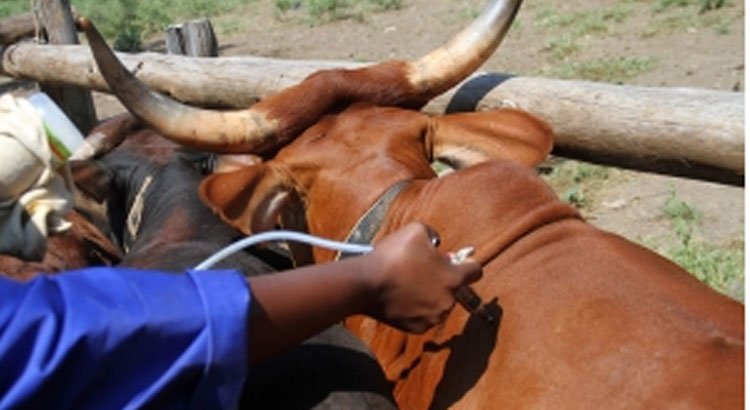
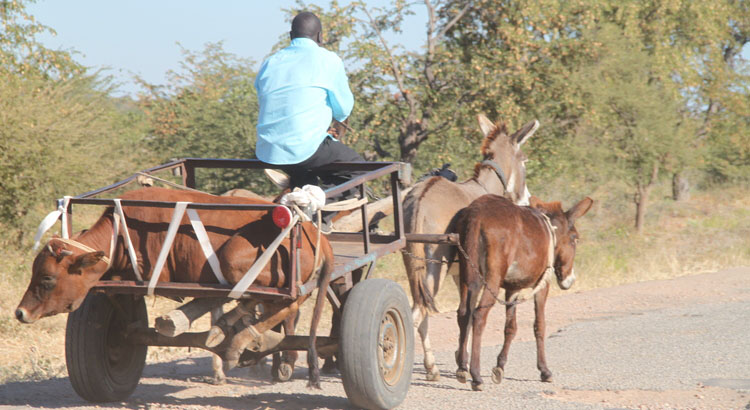

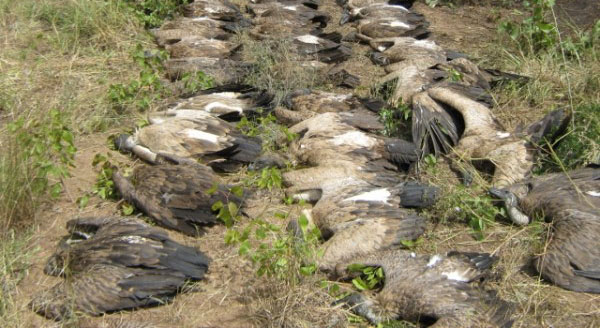
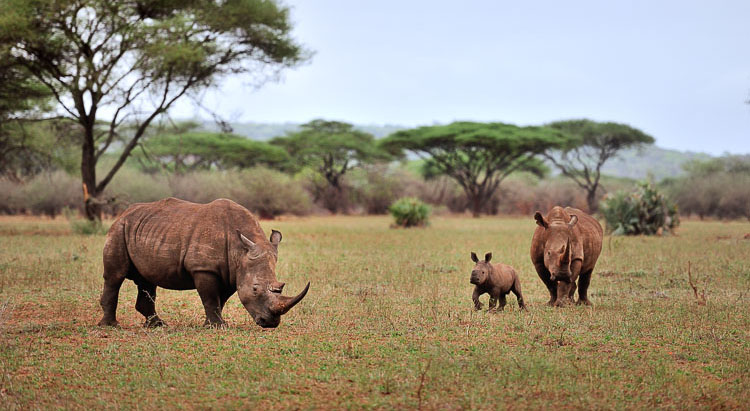
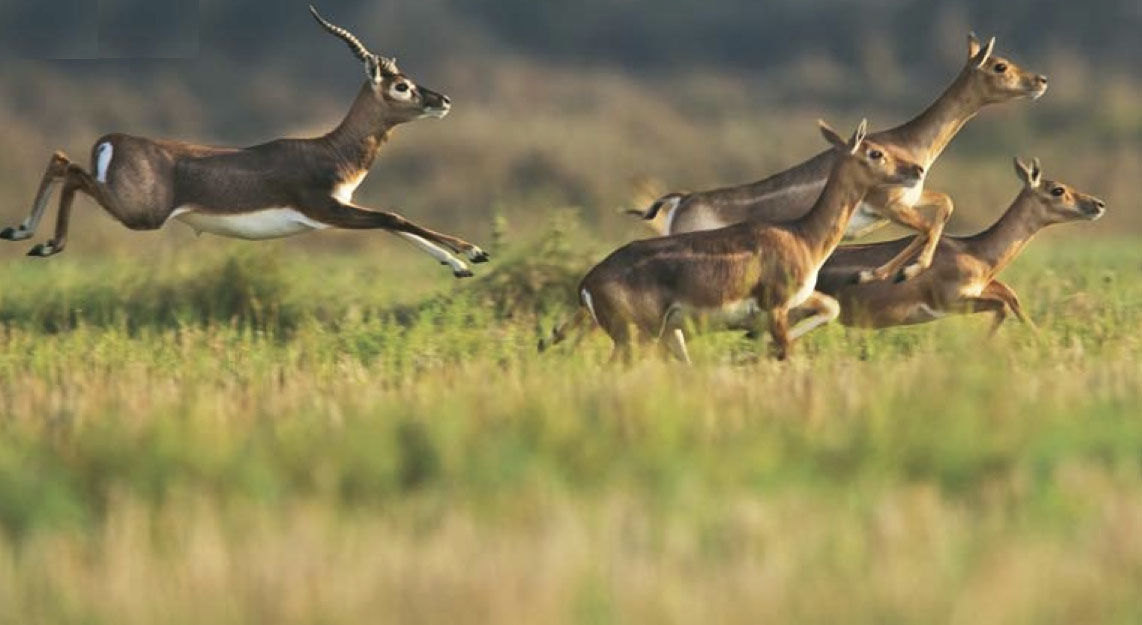

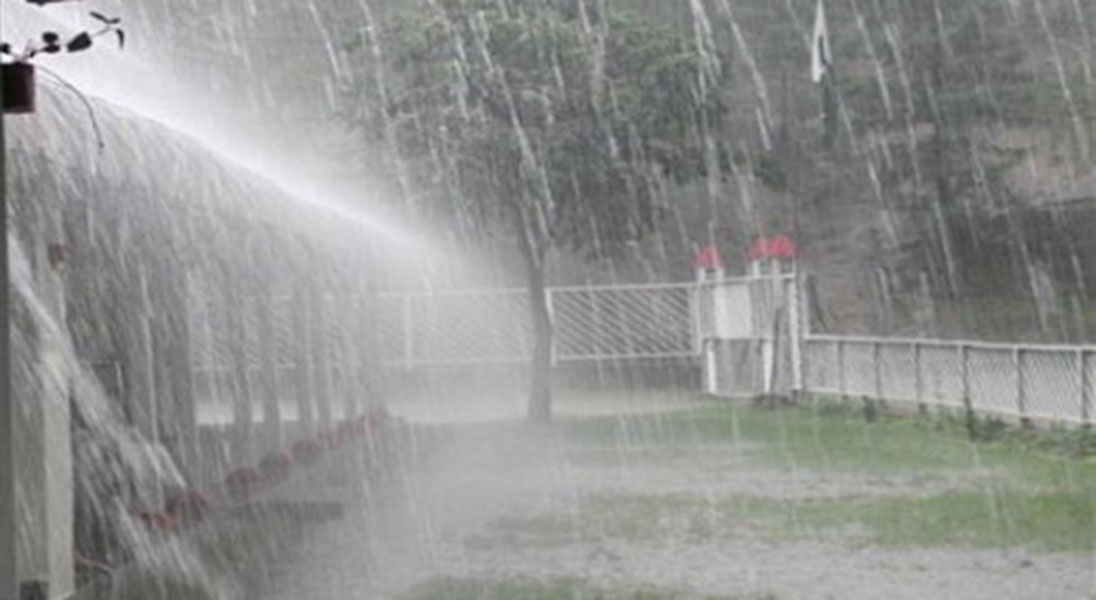
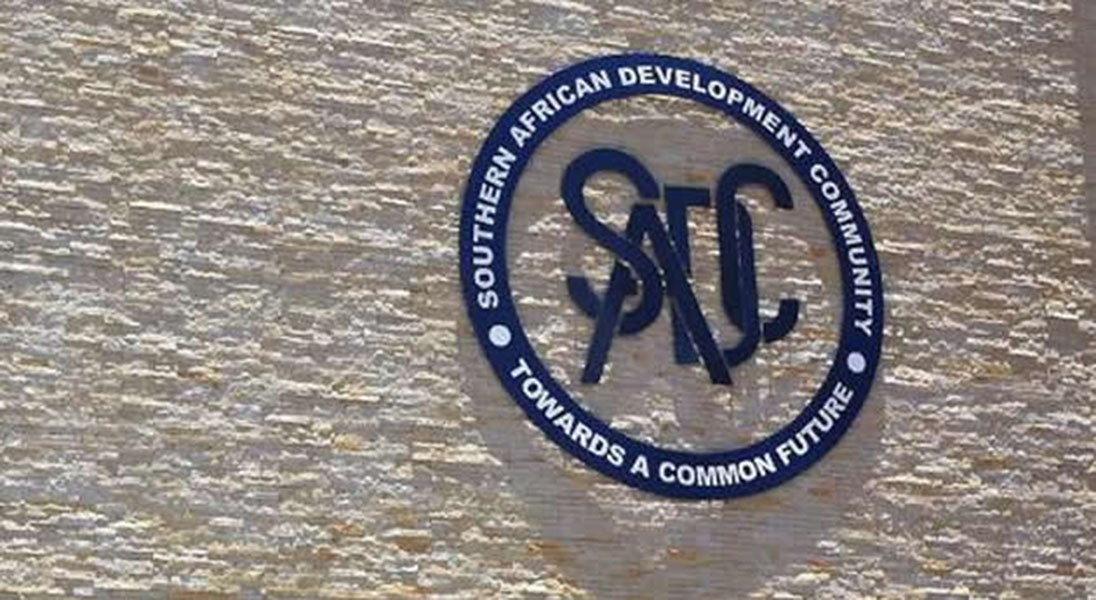
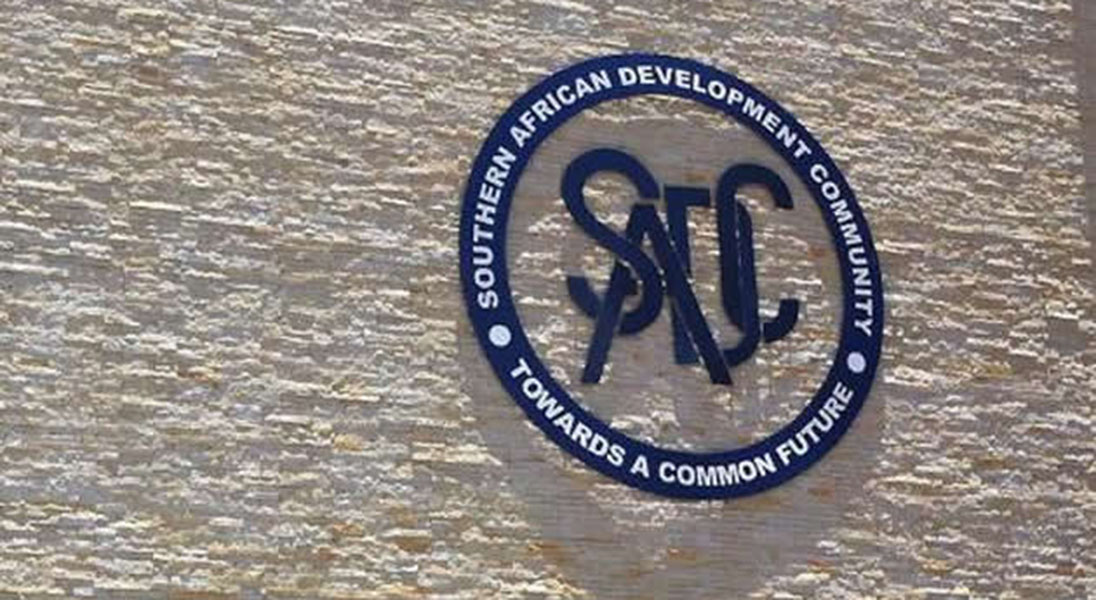
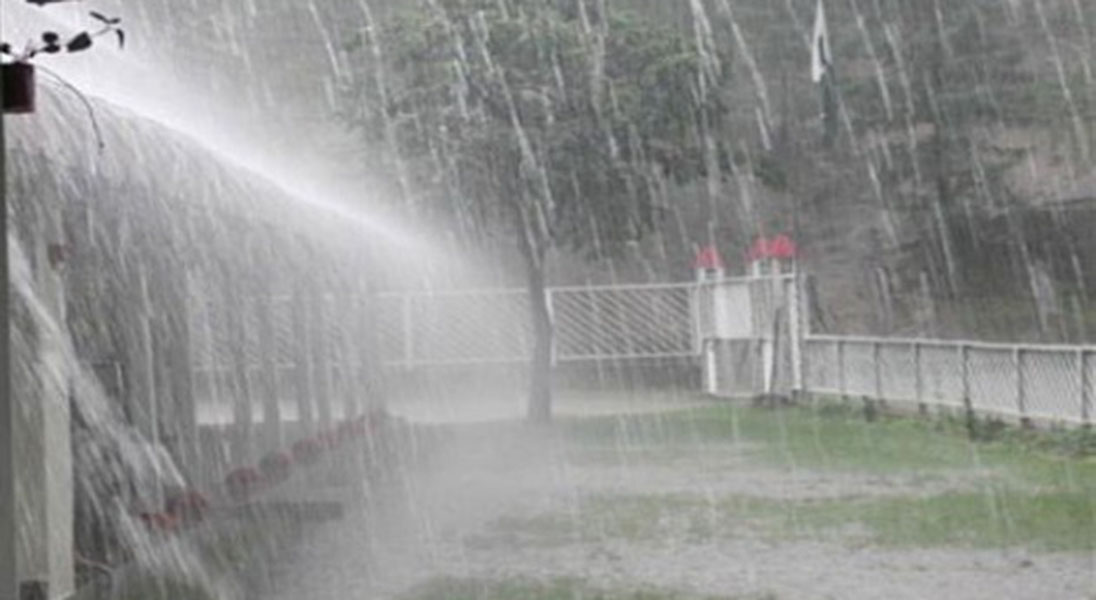
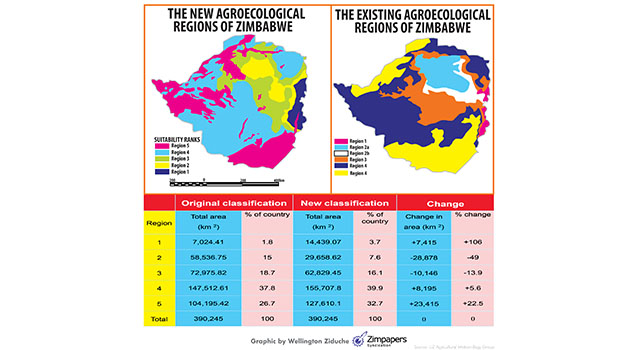
Comment